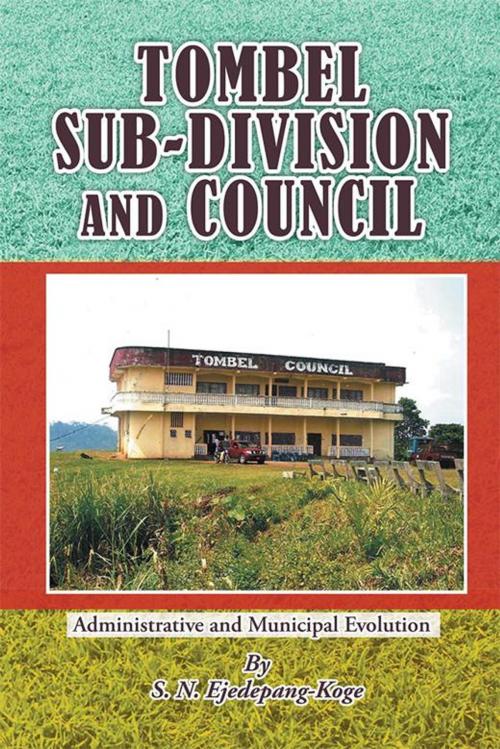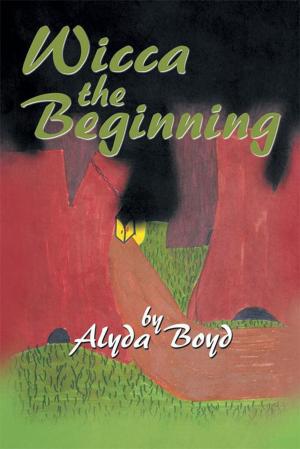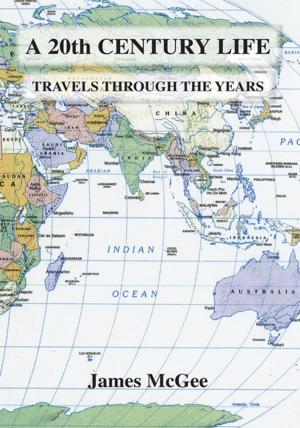Tombel Sub-Division and Council
Administrative and Municipal Evolution
Nonfiction, Social & Cultural Studies, Political Science, Politics, Economic Conditions| Author: | S. N. Ejedepang-Koge | ISBN: | 9781514410813 |
| Publisher: | Xlibris US | Publication: | February 27, 2016 |
| Imprint: | Xlibris US | Language: | English |
| Author: | S. N. Ejedepang-Koge |
| ISBN: | 9781514410813 |
| Publisher: | Xlibris US |
| Publication: | February 27, 2016 |
| Imprint: | Xlibris US |
| Language: | English |
The foundation of Tombel Town has influenced the rapid evolution of Bakossiland in terms of the growth, distribution and diversity of the population and, the diversity of economic activities. Though peripheral in location, Tombel Town and its environs (Tombel Sub-Division) have become the centre of attraction, the pull-centre of internal and external migration and, the economic pull centre within Kupe Mwanenguba. This migratory trend continues unabated, except for close to ten years after the violent explosion or Crisis of 31st December 1966. The rapid growth in the diversity of population has promoted the cosmopolitan nature of the Town and the Tombel Sub-Division and given rise to the creation many small economic self-employing activities as well as diverse needs that have to be satisfied. This has enabled Tombel to become the economic engine of Bakossiland, and indeed, of the whole Kupe-Mwanenguba Division. Agriculture is the heart of the economic life Tombel Sub-Division and Kupe-Mwanenguba. Both cash and food crops do very well, But. The lack of good roads, difficulty to acquire inputs such as relevant chemicals for protecting growing plants and developing fruits from disease, and the lack of adapted tools, impede increased productivity and the preservability of harvested agricultural crops. Secondly, the lack of easy and affordable means of transport impedes both production and, the transport of agricultural products from farm to market. Transportation is prohibitive because the roads are in very bad condition through most of the year in this very rainy area. Delicate crops are difficult to preserve and undergo fast degradation and much loss while waiting to be transported and, during transportation from farms to the markets. As a result, peasants do not receive the full value and price of their produce. Lack of roads and transportation breed poverty.
The foundation of Tombel Town has influenced the rapid evolution of Bakossiland in terms of the growth, distribution and diversity of the population and, the diversity of economic activities. Though peripheral in location, Tombel Town and its environs (Tombel Sub-Division) have become the centre of attraction, the pull-centre of internal and external migration and, the economic pull centre within Kupe Mwanenguba. This migratory trend continues unabated, except for close to ten years after the violent explosion or Crisis of 31st December 1966. The rapid growth in the diversity of population has promoted the cosmopolitan nature of the Town and the Tombel Sub-Division and given rise to the creation many small economic self-employing activities as well as diverse needs that have to be satisfied. This has enabled Tombel to become the economic engine of Bakossiland, and indeed, of the whole Kupe-Mwanenguba Division. Agriculture is the heart of the economic life Tombel Sub-Division and Kupe-Mwanenguba. Both cash and food crops do very well, But. The lack of good roads, difficulty to acquire inputs such as relevant chemicals for protecting growing plants and developing fruits from disease, and the lack of adapted tools, impede increased productivity and the preservability of harvested agricultural crops. Secondly, the lack of easy and affordable means of transport impedes both production and, the transport of agricultural products from farm to market. Transportation is prohibitive because the roads are in very bad condition through most of the year in this very rainy area. Delicate crops are difficult to preserve and undergo fast degradation and much loss while waiting to be transported and, during transportation from farms to the markets. As a result, peasants do not receive the full value and price of their produce. Lack of roads and transportation breed poverty.















